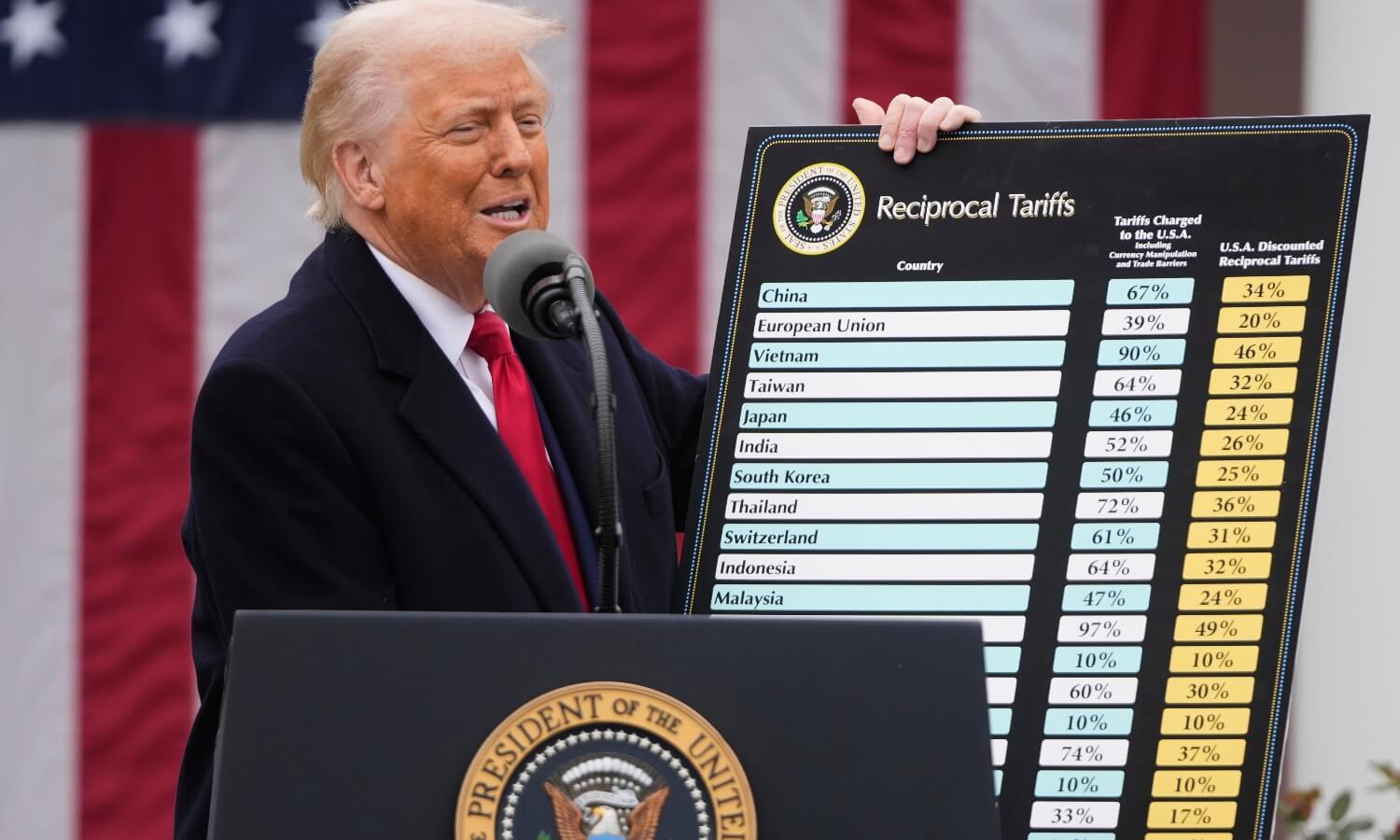Addressing the House of Commons Thursday morning, Carney said the decision “is consistent with Canada’s long-standing position that the U.S. IEEPA tariffs were unlawful as well as unjustified.” Carney added that Canada’s “trading relationship with the United States is still profoundly and adversely threatened,” by “unjustified,” tariffs on steel, aluminum and the auto sector.
“It therefore remains the top priority of Canada’s new government to establish a new economic and security relationship with the United States and to strengthen our collaboration with reliable trading partners and allies around the world,” he said. The tariffs on steel, aluminum and the auto sector remain in place because they were implemented under a different U.S. law.
The best online brokers, ranked and compared
The trade war has claimed, but is not over
Candace Laing, Canadian Chamber of Commerce president, said that this is not the end of the trade war and business is still looking for stability. “Ultimately, the end of this trade war with the U.S. will not come through the courts. It will come when we have negotiated a durable new agreement on trade that is trusted and respected by all involved,” she said in a media statement.
The Trump administration filed a notice of appeal soon after the ruling came down. While the president has not yet commented on the ruling, members of Trump’s team have widely condemned it.
White House deputy chief of staff Stephen Miller posted on social media that Americans are “living under a judicial tyranny.” White House spokesman Kush Desai said “it is not for unelected judges to decide how to properly address a national emergency.”
The decision at the New York-based federal court was delivered by a panel of three judges. One was appointed by Trump during his first administration, another by former president Barack Obama and the third by former president Ronald Reagan.
The ruling said “any interpretation of IEEPA that delegates unlimited tariff authority is unconstitutional.” The decision separately blocked the fentanyl tariffs because it said “they do not deal with the threats” Trump cited to justify the duties in his executive order.
A clear choice from the courts
Mona Paulsen, an associate international economic law professor at the London School of Economics, said this was a straightforward question for the court to answer. “They don’t scrutinize the national emergency. They look at that reasonable relationship,” she said. “They basically just find there’s no direct link here between the imposition of tariffs and the unusual and extraordinary threat that the trafficking orders said it was trying to address.”


Leave a Reply